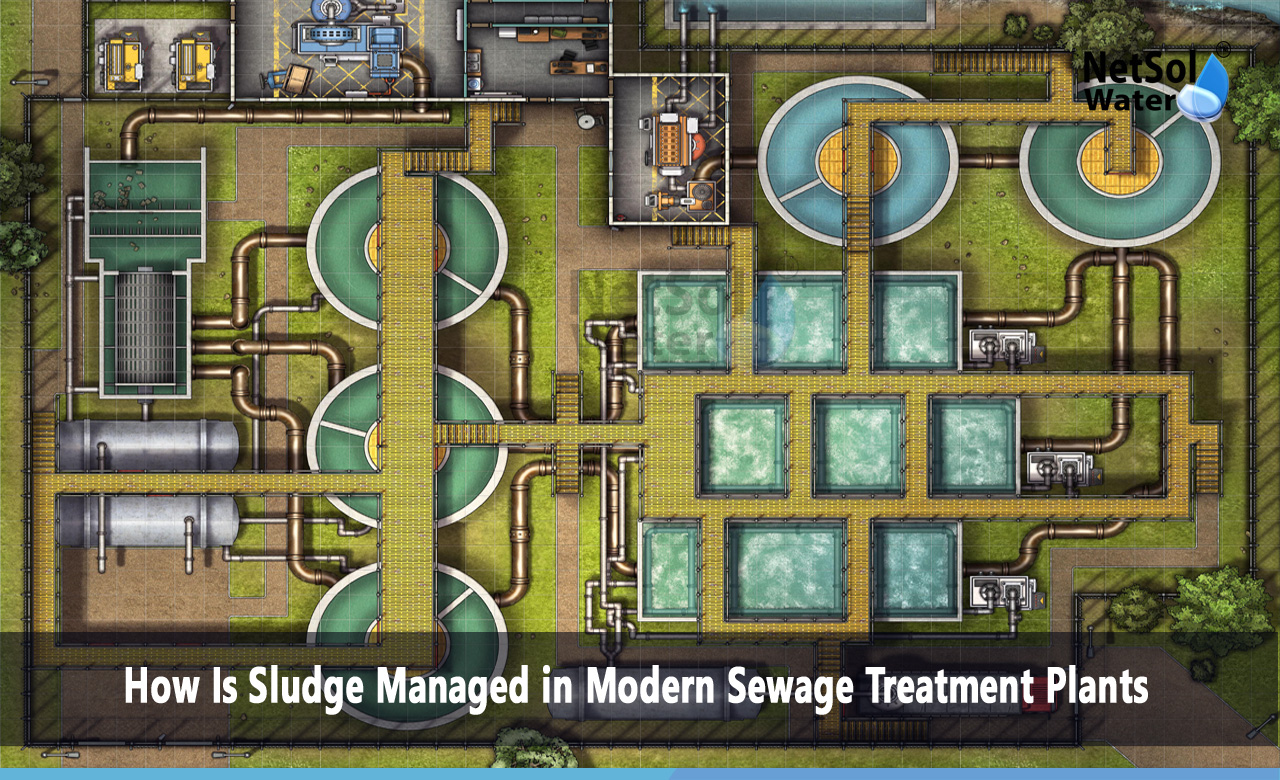How Is Sludge Managed in Modern Sewage Treatment Plants?
Modern sewage treatment plants show a clear path to protecting our water and soil. They handle waste with great care and work for a cleaner future. These plants treat not only water but also sludge that remains after treatment. Sludge is the leftover solid matter that comes from treating sewage. It may contain harmful substances that need proper treatment. Netsol Water stands as a leading manufacturer in this field. Netsol Water makes high quality systems that help treat sludge with care. The importance of managing sludge well is seen in the safety of our water and land. Each step in modern systems removes dangers that can spread diseases or damage nature. Sewage treatment plant manufacturers put extra effort to ensure that this waste gets treated in every possible way. The treatment reduces risky chemicals and harmful organisms. Their work also helps in reusing some of the waste products. In this way, value comes from what was once disposed of in a harmful manner. The careful steps in treating sludge add a meaningful layer of safety.
Sludge Production
The process starts when water goes through many treatment steps in a sewage plant. Each step leaves behind some solids that become sludge. Let us have a look at some details regarding sludge production.
Sludge is formed as water flows through preliminary screens and settling tanks. This phase helps separate heavier waste from water. Later in the process the water passes through further treatment steps. Treatment steps include biological actions that break down organic matter into simpler parts. This process further separates sludge from cleaner water. Each stage provides another level of safe treatment that protects the community and nature.
Methods to Manage Sludge
The next key part of sludge management lies in how it is treated. This part shows ways to manage sludge so it does not harm our world. Let us have a look at some common approaches used by sewage treatment plants.
Plant operations start with the thickening of sludge. Thickening reduces the water in sludge and makes it easier to handle. The plant then uses processes that treat sludge with both physical and chemical means. The process breaks down solids further and heats the remaining material. This heat treatment kills germs and makes the waste safe to handle. Some modern facilities also turn sludge into energy by using it in biogas production. This process turns waste into useful energy while reducing the volume of sludge. This approach helps the environment and gives a second life to waste.
The Role of Automation in Sludge Management
Modern plants use automation to guide the entire treatment process. Let us have a look at some details that show how automation helps maintain high standards.
Systems in modern sewage treatment plants run with many sensors and control systems that monitor the treatment process. These systems help manage the temperature and movement of sludge as it goes through each stage. Automation makes sure that each phase works at its best without any extra help. In these plants the operators check on the system when needed and make small changes manually. This combination of human skill and technology adds extra care to how sludge gets managed. The work of these systems shows the thoughtful approach of a good sewage treatment plant manufacturer. Netsol Water leads with such careful integration of technology.
Environmental Considerations in Sludge Disposal
Environmental safety stands at the heart of sludge management. Sewage treatment plants take extra care to keep waste from harming the land or water. They treat sludge so that harmful materials are removed before the end of the process. The treated sludge then finds another path. It sometimes gets mixed with organic matter to produce safe fertilizer for soil. In other cases the sludge goes through more heating and chemical treatment to reduce any risks. These steps have a lasting effect on the environment because they help prevent dangerous chemicals from entering natural systems. Each choice in these systems shows that every detail matters when it comes to keeping our surroundings safe.
Conclusion
Modern sewage treatment plants manage sludge with careful planning and smart use of technology. Each stage of treatment gets attention. The process shows that there is a clear path to safety and efficiency. By understanding how sludge is managed, we see a path to protect both water and land. Netsol Water shows that it leads as a sewage treatment plant manufacturer. Their systems work hard to treat sludge so that it becomes safe for reuse. Such efforts help create a clean world and show the care taken by modern plants. If you seek to learn more or need a consultation please get in touch with us.
Contact Netsol Water at:
Phone: +91-9650608473, Email: enquiry@netsolwater.com



